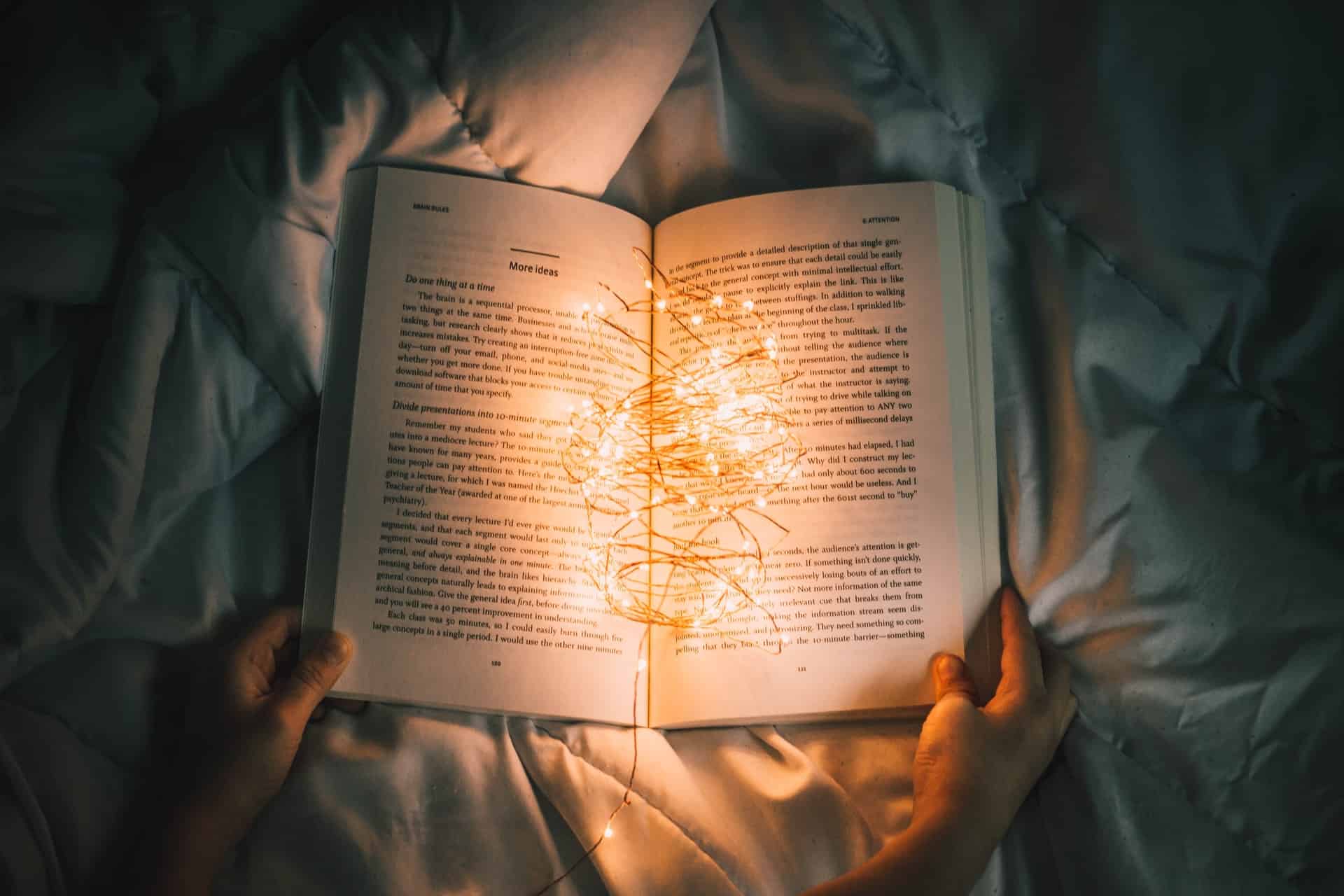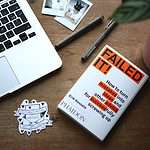How Pretending to Be an Assassin Can Help You Remember Poisons in Food Better

Wouldn't it be great to be an actual assassin?
Not to mutilate anyone, of course, but to have his confidence, strength, KNOWLEDGE... (and it's sure as hell more interesting than being "Jeff, an IT guy.")
And we all know that no assassin would be complete without secret knowledge of poisons. With knowledge like that - who would ever tread on you?
But what does it have to do with learning?! I rush to explain.
Usefulness In Learning
There are many principles which help us to understand how to memorize more effectively.
But there is one which has a key function in our lives.
USEFULNESS
Your brain discards most of the information you come into contact with.
It is useless. Why would you remember some date or a name of an obscure plant?
SURVIVAL - that's what important.
And needless to say, your profession is indispensable to your survival. Cooks remember recipes better than most non-cooks. Programmers have a better memory of code than people who simply dabble in coding.
Sure, there are factors which come into play:
And the list goes on... But let's concentrate on USEFULNESS.
Who Would You Like To Be?
I know that you have your profession. This is what you're great at and you stick to it - fully understandable. But what if you could create a set of characters to improve your life (and your learning curve)? Just like in role-playing games (e.g. Dungeons & Dragons).
You could be anyone you want, even if just for a day!
The Power Of Belief

But does pretending to be someone you're not make some knowledge useful? Yes, it does. It does if you choose to believe that you can be that person. Our brain is the most magnificent thing in the whole universe. And it has a truly breath-taking quality.
It can't tell fiction from reality. Just look at what power of belief can do to you:
So are you ready to become an assassin?!
Remember poisons in food better
I've prepared a list of 5 popular food products which contain various poisons. Of course, such products would be lethal only in extreme situations (and large doses) so take it with a grain of salt!
cherries - contain cyanogenic glycosides
Cherry (Prunus cerasus), as well as other Prunus species such as peach (Prunus persica), plum (Prunus domestica), almond (Prunus dulcis), and apricot (Prunus armeniaca). Leaves and seeds contain cyanogenic glycosides. (Wiki)
"When the seeds of cherries are crushed, chewed, or even slightly injured, they produce prussic acid (hydrogen cyanide). Next time you are eating cherries, remember not to suck on or chew the pip" (http://listverse.com).
apples - their seeds contain cyanide
"Apple seeds are very often eaten accidentally but you would need to chew and consume a fairly high number to get sick.
There are not enough seeds in one apple to kill, but it is absolutely possible to eat enough to die. I recommend avoiding apple eating competitions!" (http://listverse.com).
tuna - contains high levels of mercury and frequent source of salmonella poisoning
marlin - contains high levels of mercury
"Most people are unaware that marlin has been documented to accumulate harmful levels of mercury.
The U.S. Environmental Protection Agency health guidelines for fish consumption indicate that any fish with a mercury level greater than 1.5 parts per million (ppm) should not be consumed in any amount.
Marlin, especially large specimens, have been found to contain mercury levels as high as 15 ppm, or 10 times the EPA limit." (Source: http://takemarlinoffthemenu.org)
potatoes - contain poisonous glycoalkaloids
Potatoes contain toxic compounds known as glycoalkaloids, of which the most prevalent are solanine and chaconine. Solanine is also found in other members of the Solanaceae plant family, which includes Atropa belladonna ("deadly nightshade") and Hyoscyamus niger ("henbane") (see entries below). The concentration of glycoalkaloid in wild potatoes suffices to produce toxic effects in humans. (Wiki)
"Potatoes (like tomatoes) contain poison in the stems and leaves – and even in the potato itself if left to turn green (the green is due to a high concentration of the glycoalkaloid poison).
Potato poisoning is rare, but it does happen from time to time. Death normally comes after a period of weakness and confusion, followed by a coma.
The majority of cases of death by potato in the last fifty years in the USA have been the result of eating green potatoes or drinking potato-leaf tea". (http://listverse.com)
Prepare "The Action Plan" - A Story That Is

We also tend to remember stories better than facts.
That's why, to remember these poisons better, we can come up with some interesting story.
Let's say that you have an imaginary enemy called Bob. And, to put it gently, you're not the biggest fan of his. Why not invite him for a fancy dinner?
Compose the aforementioned products into the meal which Bob won't ever forget. Let it be a reminder to him that nobody messes with the assassin!
Conclusion
The huge takeaway from this article is that our brain creates its own reality. If you believe it - it's true.
So try to be creative - come up with your secret alter egos which can help you to memorize information better from the fields of your interest. Fake it until you make it.
And remember to put your knowledge to good use! I guess to balance this article, next time I should write about being a druid and healing...!
What other poisonous food ingredients do you know?











Great post!We are linking to this great article on our website. Keep up the great writing!